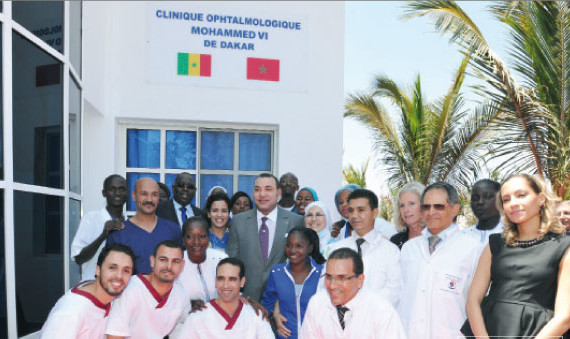African countries face higher tariffs and tend to import relatively low-quality digital goods compared to other regions, especially in low-income nations, a recent research by World Bank economists has found.
Despite relying heavily on imports, tariffs that African countries impose on imported digital goods are about three times higher than other regions, the research has revealed. But high trade tariffs on digital goods, such as computers, electronics, software, and machinery, which are critical for productivity and economic growth, contribute to limited access and higher prices in many African countries. While duties on digital products have fallen in other regions over the past decade, they have stayed relatively high across Africa. The burden is greatest for the continent’s poorest countries like the Central African Republic (CAR) and Cameroon, with digital tariffs of around 15%, but also for economies with large populations like Nigeria, with digital tariffs of around 10%. By contrast, richer Mauritius and South Africa charge just 0.07% and 1.35%.
The World Bank economists conducted an analysis that reveals that Africa sources digital goods at similar quality-adjusted prices to higher-income countries. However, the research has revealed that the high tariffs mean that African firms and consumers face inflated final prices, especially in low-income countries. Also, other studies using item-level price data confirm the finding that digital goods cost are on average cheaper in the US than in Africa. The economists have also raised the question as to whether the landmark African Continental Free Trade Area (AfCFTA) agreement could help by slashing these tariffs. The answer is that boosting digital development in Africa will require not just the AfCFTA in its current form but also cutting tariffs on high-tech imports from all countries.



